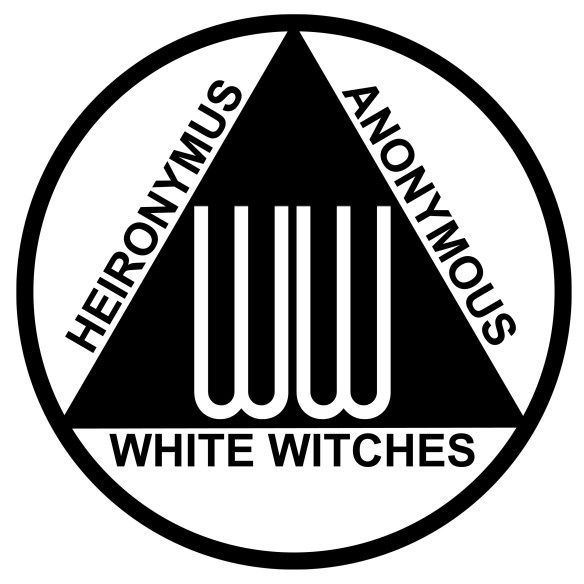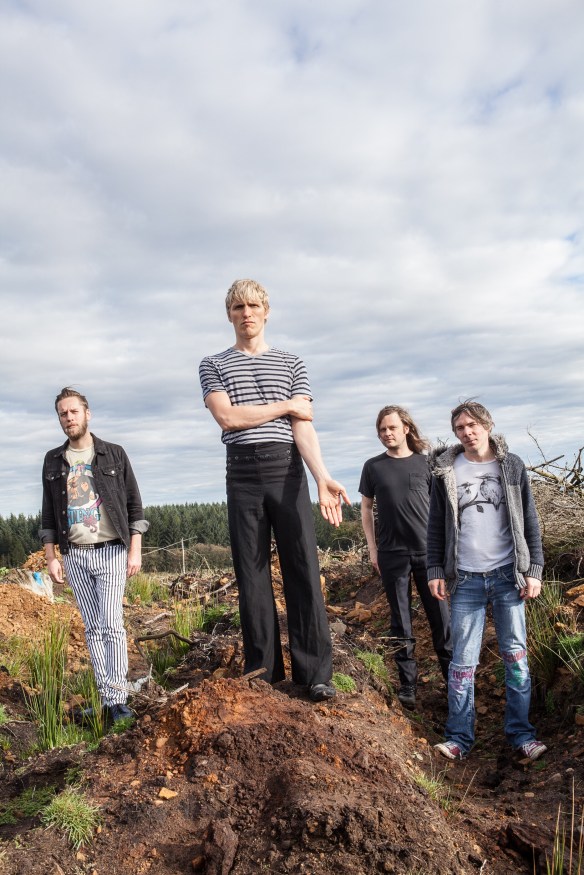
Junip‘s Fields presented a dilemma – to review or not? This whole site has tended to focus on Mute‘s UK releases, and I’ve never quite gotten around to looking at the Mute Corporation‘s US-only records. Fields was released in Europe on City Slang, yet released on Mute in the States. I’d heard ‘Always’, a quite beautiful track released as a single, but it didn’t make me want to buy and review the album necessarily. When a Twitter friend and fellow Mute fan said that he’d been listening to Junip and suggested it had a Krautrock sound, that was the clincher. I’d downloaded a few Junip tracks, including some unreleased stuff from rcrdlbl.com and the free Rope & Summit EP but they were just gathering dust on my hard-drive. When Chris said that about the Krautrock vibe, I decided it was high time I acquiesced; when I found Fields on sale in Fopp for a criminal £3.00 the decision to review was reasonably academic, especially once I’d heard it, as it’s excellent.
First, the proposition: Junip is a trio formed of three Swedish musicians, guitarist and vocalist José González (okay, Argentinian / Swedish), drummer Elias Araya and keyboard player Tobias Winterkorn. González is naturally familiar for his genteel solo work and classical guitar playing, with a body of work that includes covers of The Knife‘s arresting ‘Heartbeats’ and doom stalwart Joy Division’s ‘Love Will Tear Us Apart’. Prior to Fields they’d released an EP (Black Refuge) in 2004, the year before González’s solo début.
The Junip sound is difficult to place. There is, at certain points, a very evident motorik ethic. ‘Rope & Summit’ is one example; ‘Howl’, another, is so Can that the surviving members of the band could feasibly sue Junip for the rhythm’s similarity to their ‘Oh Yeah’; ‘Off Point’ rides on a beat that Neu! may well have cast to one side whilst writing ‘Heroes’ but straps on a skiffly, country twang.
What’s possibly more evident is a more broad ‘psychedelic’ or ‘prog’ folk sound, albeit without the huge keyboard soloing (check out the very end of closing track ‘Tide’ for the closest it comes). There’s something about the way that the album was recorded which sounds like a distant echo from forty years ago; a slightly muddy sound and vaguely trippy vibe pervades, enhanced by González’s echoing, ruminatively innocent vocal. ‘Without You’ is a case in point – a beautiful song which sounds like a type of psychedelic folk, augmented by a mysterious synth that drifts in in the second half; references to nature reinforce the folk angle, as does the weathered-looking sleeve design with its geometric hippy motifs.
‘It’s Alright’ can’t decide if it’s going down the trippy folk or trippy blues route, but while we wait for it to decide, it potters along with intent on a lovely bass line, while minimal percussion slowly and cautiously nudges into view. It’s dainty, especially when the hi-hats and tinkly keyboards usher in a muted beat. ‘It’s alright’ murmurs González, which rather sells this song short; for me, along with ‘Howl’ and ‘To The Grain’ it is one of the album’s highlights. ‘Sweet & Bitter’ has a deep, clipped funk edge with fat bass sounds and an ethereal web of synth sounds, which you almost wish would dominate the track completely, prog-stylee. Toward the end it feels like we’re approaching some such freak out, but it’s far too ordered and controlled for that.
‘Don’t Let It Pass’ is a beautiful, serene ballad, González’ voice floating delicately above a sweet folksy accompaniment. The synth solo here is laced with a heart-stopping emotion, while the harmonised title is freighted with a maudlin, weary tone. ‘To The Grain’ and ‘Tide’ mine the same sound, but both are much more dramatic in many ways; examples of songs where you can’t work out whether it’s positive and affirming or filled with poignancy and regret.
I’ll let you decide.
Fields was recorded and produced by Don Alstherberg and Junip; Alstherberg also supplies bass on ‘Always’, ‘Without You’ and ‘Tide’.
Originally posted 2011 / re-posted 2018.
(c) 2011 Mat Smith / Documentary Evidence


